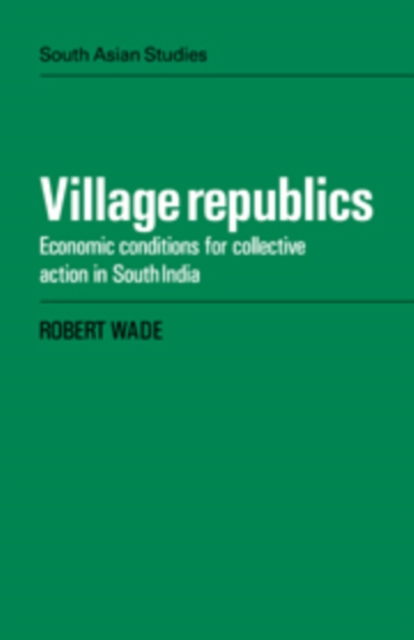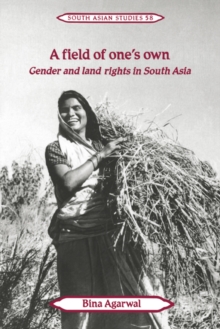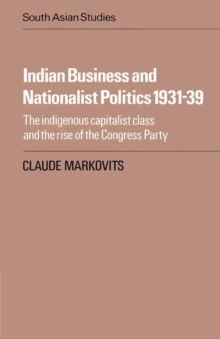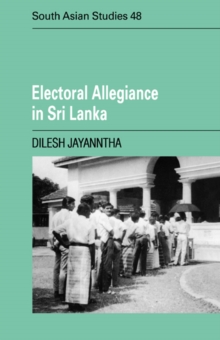
Village Republics : Economic Conditions for Collective Action in South India Hardback
by Robert Wade
Part of the Cambridge South Asian Studies series
Hardback
Description
Why do some people get together to manage their common assets?
Why do other groups of people leave those assets to be over-exploited by each member of the group?
The answers could be crucial to the proper maintenance and use of 'common property resources', from grazing land through fish stocks to irrigation water.
Robert Wade, drawing on research in areas of Andhra Pradesh where rain is scarce and unreliable, argues that some villagers develop and finance joint institutions for cooperative management of common property resources in grazing and irrigation - but others do not.
The main reason lies in the risk of crop loss.Villages located towards the tail-end of irrigation systems, and with soils fertile enough to support a high density of livestock, show a larger amount of corporate organization than villages elsewhere.
Placing his work in the wider context of both the developing world today and the open-field system of medieval Europe, the author argues that peasants can under certain conditions organize collectively.
Privatization or state regulation are not the only ways of preventing degradation of common property resources in peasant societies.
Information
-
Out of Stock - We are unable to provide an estimated availability date for this product
- Format:Hardback
- Pages:256 pages
- Publisher:Cambridge University Press
- Publication Date:31/03/1988
- Category:
- ISBN:9780521301466
Information
-
Out of Stock - We are unable to provide an estimated availability date for this product
- Format:Hardback
- Pages:256 pages
- Publisher:Cambridge University Press
- Publication Date:31/03/1988
- Category:
- ISBN:9780521301466










